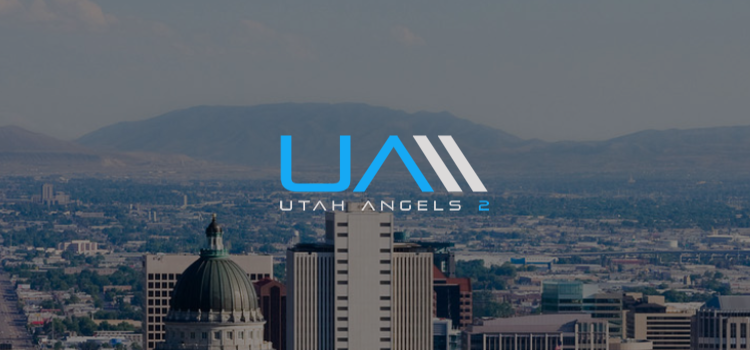Money, mentorship, connections.
Spinoffs are usually the worst — in the case of Utah Angels 2, I think an exception can be made.
The original Utah Angels — a group of angel investors concentrating on Utah-based seed investments — was formed in the 90’s, investing roughly $40 million in various early-stage companies, including Omniture. Due to time restraints and different commitments, Utah Angels shut down in 2010, leaving the door open for another angel investor network to fill the void.
How about a remix? Utah Angels 2 (UA2) stepped to the plate in 2014 under the leadership of Aaron Ollivier, the son of an original Utah Angel. Realizing the potentially blossoming in Utah — especially from a tech perspective — Ollivier resurrected the Utah Angels concept with a small twist: provide early-stage entrepreneurs with access to capital and advisory services. Essentially, Utah Angels 2 wants to help provide resources, mentorship, and connections to Utah’s startup community.
“I didn’t want these young entrepreneurs coming in and feel like they didn’t get any value out of presenting,” said Ollivier. “Our focus was to mentor as much as invest and try to place them within the community where they could receive good advice, mentorship, and so forth. And we’ve refined that process over the last few years.”
Here’s how the process works. Utah Angels 2 consists of a network of accredited investors who meet twice a month and review applicants, narrowing the pool to nine companies who will pitch the Angels in person. These companies are narrowed down to three, who will be closely examined until UA2 can agree on an investment plan. Ollivier estimates that UA2 invests in one company per month, but that can ebb and flow depending on the times.
Financial help is great, but it’s only a fraction of what early-stage entrepreneurs need. Mentorship is every bit as important, helping map out a path for many business owners that haven’t been there before. For this, UA2 can also help.
“A lot of these entrepreneurs come in with great ideas but some of the younger ones just don’t have any experience,” said Ollivier. “This can be just laying out the organization of a business. If there are specific needs that they have, then we can help direct them towards certain resources. A lot of these entrepreneurs haven’t done validation with their business, especially pre-revenue. So we’ll send them up to BoomStartup or UVU Business Resource Center to run through a validation program. For entrepreneurs, there is all sorts of needs for resources. One thing I don’t allow for investors or anyone coming to our meetings is to sell services. We’re not here to sell, we’re not here for consulting. These people that I’ve lined up to help with mentorship and resources are doing it for free. If the entrepreneur actually needs services, they will be educated on how to do it themselves or be referred to somebody who has more expertise.”
Because of Utah’s tech influx, investment opportunities abound. Ollivier says a rough 70% of deals are with tech companies and can vary greatly in size — average deal is around $75,000, but can get as high as $1 million. And as Utah continues to grow, Utah Angels 2 can grow along with it.
“I would like to see more active investors involved,” said Ollivier. “Deal flow isn’t a problem, we see a lot of really good deals. There’s just not enough investors, time, and money to capture all of them. I think if more investors knew about our group and participated, there’s great opportunity to make some really good deals, particularly with the way our market is going in Utah.”




